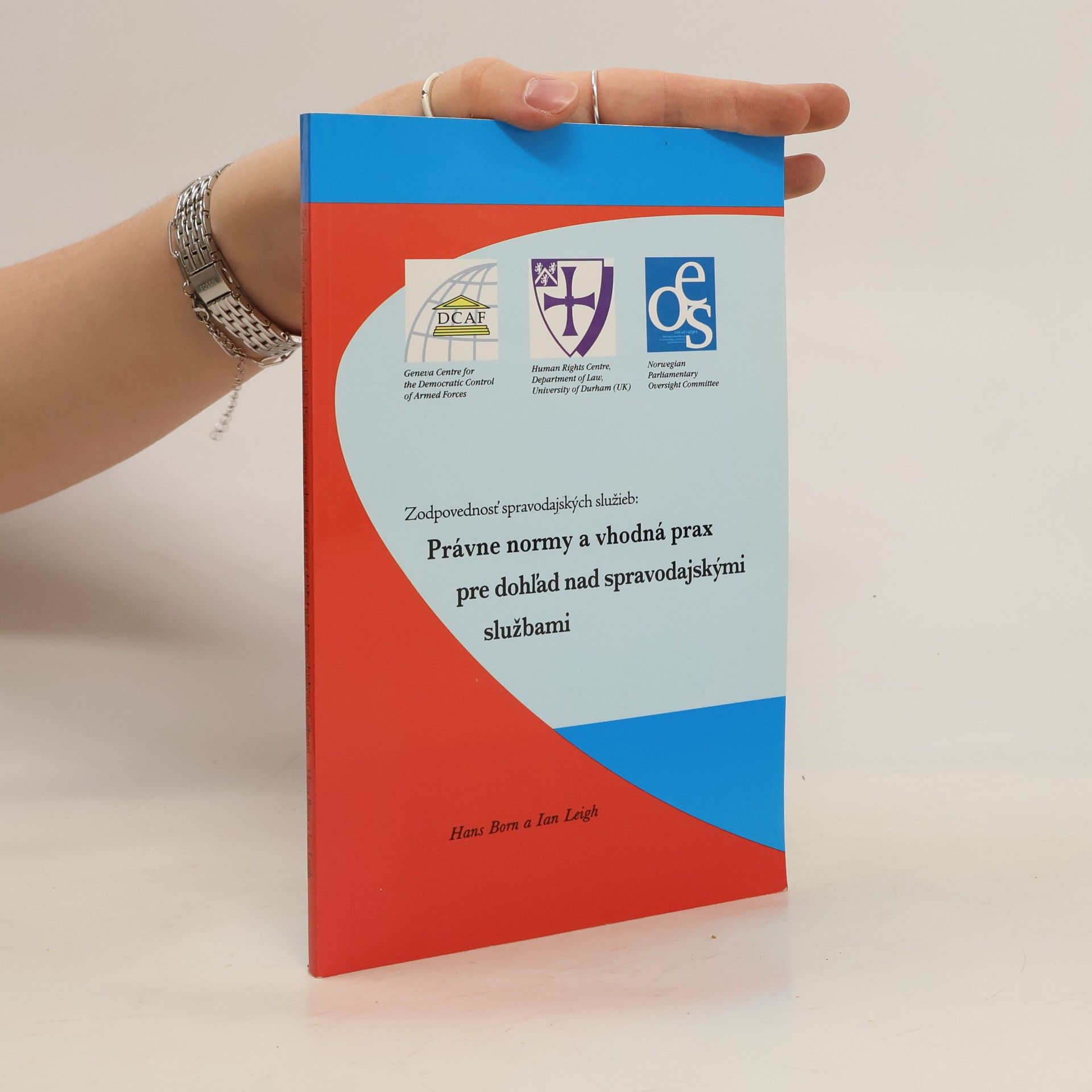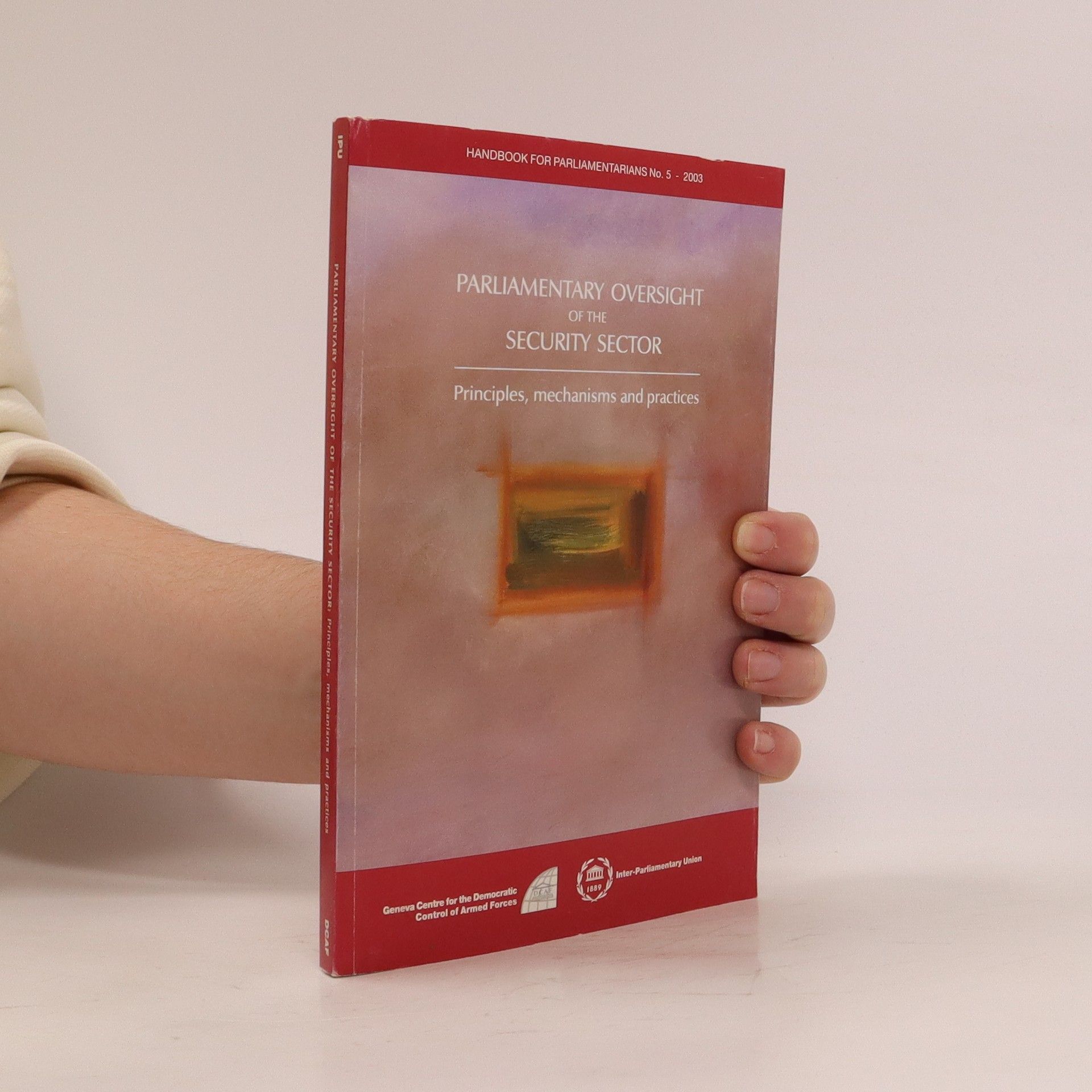"Three distinguished experts, each well known in the international community of national security scholars, bring together in one volume the rich experience of three decades of experimentation in intelligence accountability. Using a structured approach, they examine the strengths and weaknesses of the intelligence systems of Argentina, Canada, Germany, Norway, Poland, South Africa, South Korea, the United Kingdom, and the United States."--Jacket
Hans Born Livres
Hans Born est un expert de premier plan en matière de contrôle démocratique des forces armées et de gouvernance du secteur de la sécurité. Ses travaux examinent de manière critique la relation entre le contrôle parlementaire et l'usage de la force, en particulier dans les sociétés en transition. La recherche de Born explore les principes, les mécanismes et les pratiques nécessaires pour assurer la responsabilité dans la réforme du secteur de la sécurité. Il se consacre au renforcement des institutions démocratiques et à l'amélioration des cadres juridiques pour une gouvernance responsable de la sécurité.




1. Evolving security concepts and actors: a challenge faced by parliaments. 2. Oversight of national security policy. 3. The main operational components of the security sector. 4. National security under parliamentary scrutiny: conditions and mechanisms.
Z obsahu: Definícia demokratického dohľadu nad bezpečnostnými a spravodajskými službami, Hľadanie právnych noriem a najlepšej praxe dohľadu, Definovanie mandátu, Menovanie riaditeľa, Informácie a ich evidencia, Úloha exekutívy, atd...
Pizza
280 originele recepten uit Italië